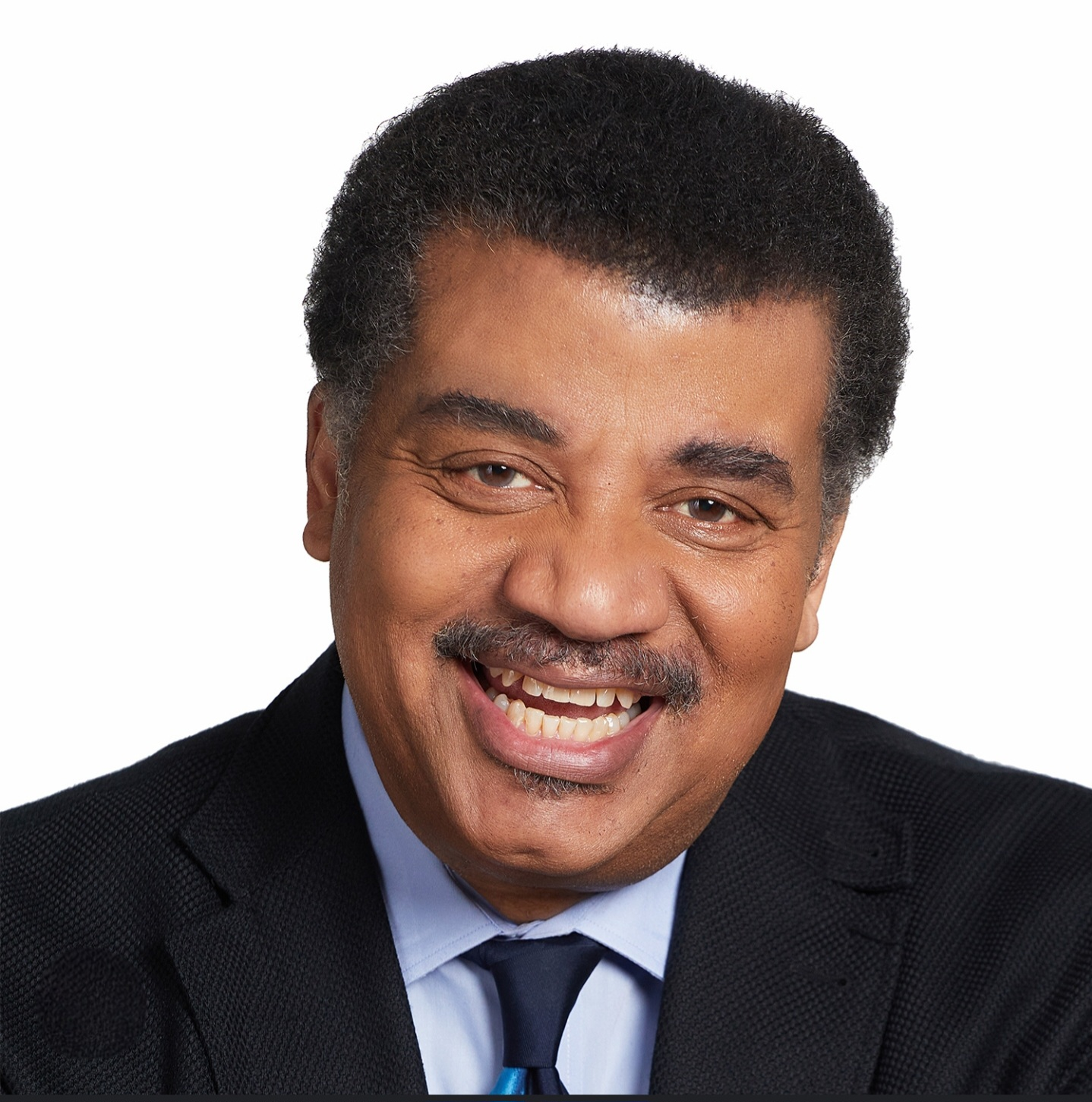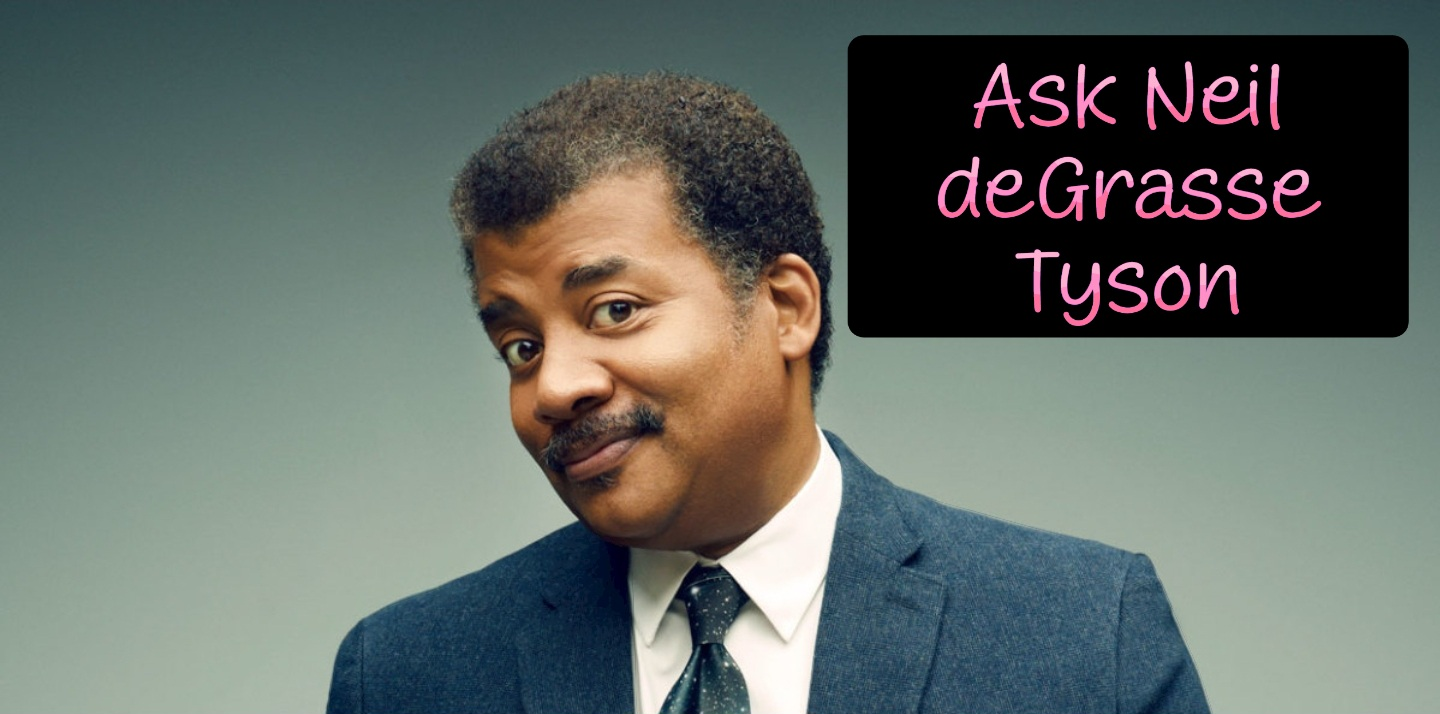

I’ve been pondering the infinite possibilities for our upcoming slumber party under the stars. 🌌 As an astrophysicist, I can’t help but imagine how we could turn this into an out-of-this-world experience! 🚀 First things first, let’s set up a telescope outside and gaze upon the celestial wonders above. 🔭 We could identify constellations, track satellites, and maybe even spot a shooting star or two! ⭐ For snacks, how about some Milky Way bars, Starbursts, and Moon Pies? 🍫🍬🥧 It’s the perfect opportunity to discuss the fascinating facts behind these cosmic confections! 📚 And no slumber party would be complete without movies - I’m thinking "Interstellar, " "The Martian, " and “Contact” for some mind-blowing science fiction! 🎞️ But here’s where things get really interesting… 🤔 What if we conduct some DIY experiments? Like building mini rockets using soda bottles and baking soda! 💥 Or creating a scale model of the solar system using fruits and vegetables! 🍊🍏🍐 Imagine the insightful discussions we’ll have about gravity, orbital mechanics, and the vastness of space! 🪐🪐🪐 And who knows? Maybe we’ll stumble upon some groundbreaking discoveries along the way! 💡 So, my fellow explorers, are you ready to embark on this astronomical adventure? 🛸


Look, I love the idea of aliens as much as the next astrophysicist—probably more. But here’s the thing: the universe is vast. We’re talking hundreds of billions of galaxies, each with hundreds of billions of stars, many with planets. So, the statistical odds are very good that life exists elsewhere. But now comes the harder part: proving that any of that life is visiting Earth. That’s a whole different scientific standard.
So why do people see UFOs here on Earth, but we never see anything alien zipping past Jupiter through a telescope? Simple.
Telescopes are impartial. They don’t hallucinate. They don’t get scared or jump to conclusions. They collect data. And yet, not one telescope has ever caught a UFO doing barrel rolls in orbit. We’ve got satellites, space stations, ground-based telescopes—some that can read the date on a dime from orbit—and still, nothing.
But down here? People see lights in the sky and suddenly jump to ‘alien spacecraft’ before they even consider things like drones, weather balloons, or optical illusions caused by the atmosphere. The term UFO just means ‘unidentified.’ It doesn’t mean ‘extraterrestrial spacecraft.’ That leap is made not by scientists, but by imaginations.
If aliens wanted to make themselves known, they wouldn’t be shy about it. They wouldn’t just appear to a lone hiker in the woods. They’d land on the White House lawn or hover over Times Square and say, ‘Hey, we’re here!’ Until then, we need more than fuzzy videos and anecdotal stories. We need solid, reproducible, scientific evidence.